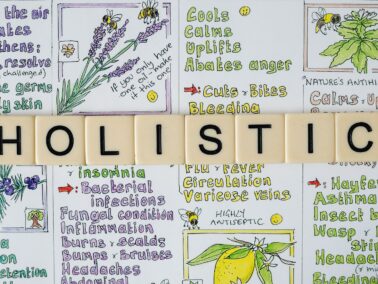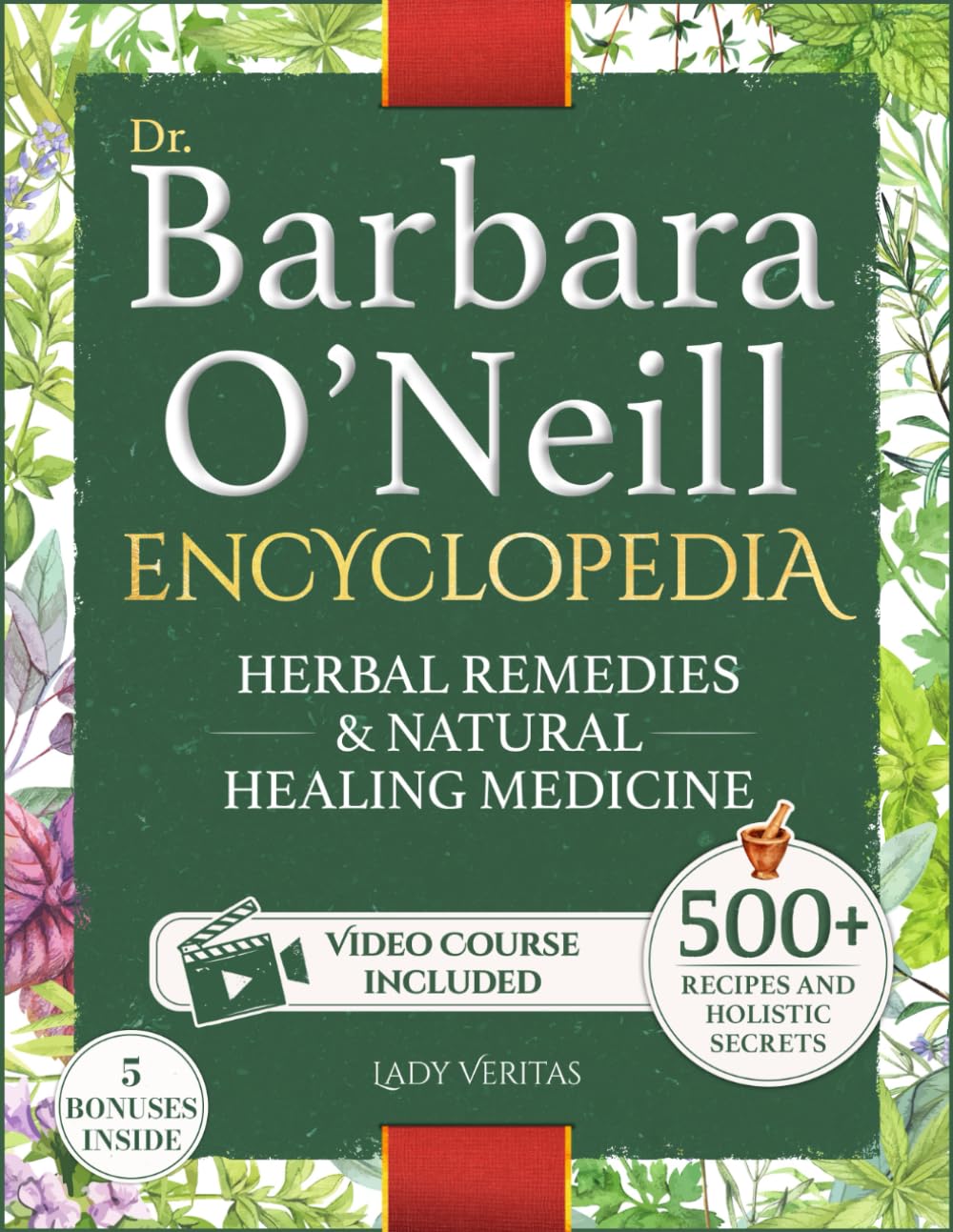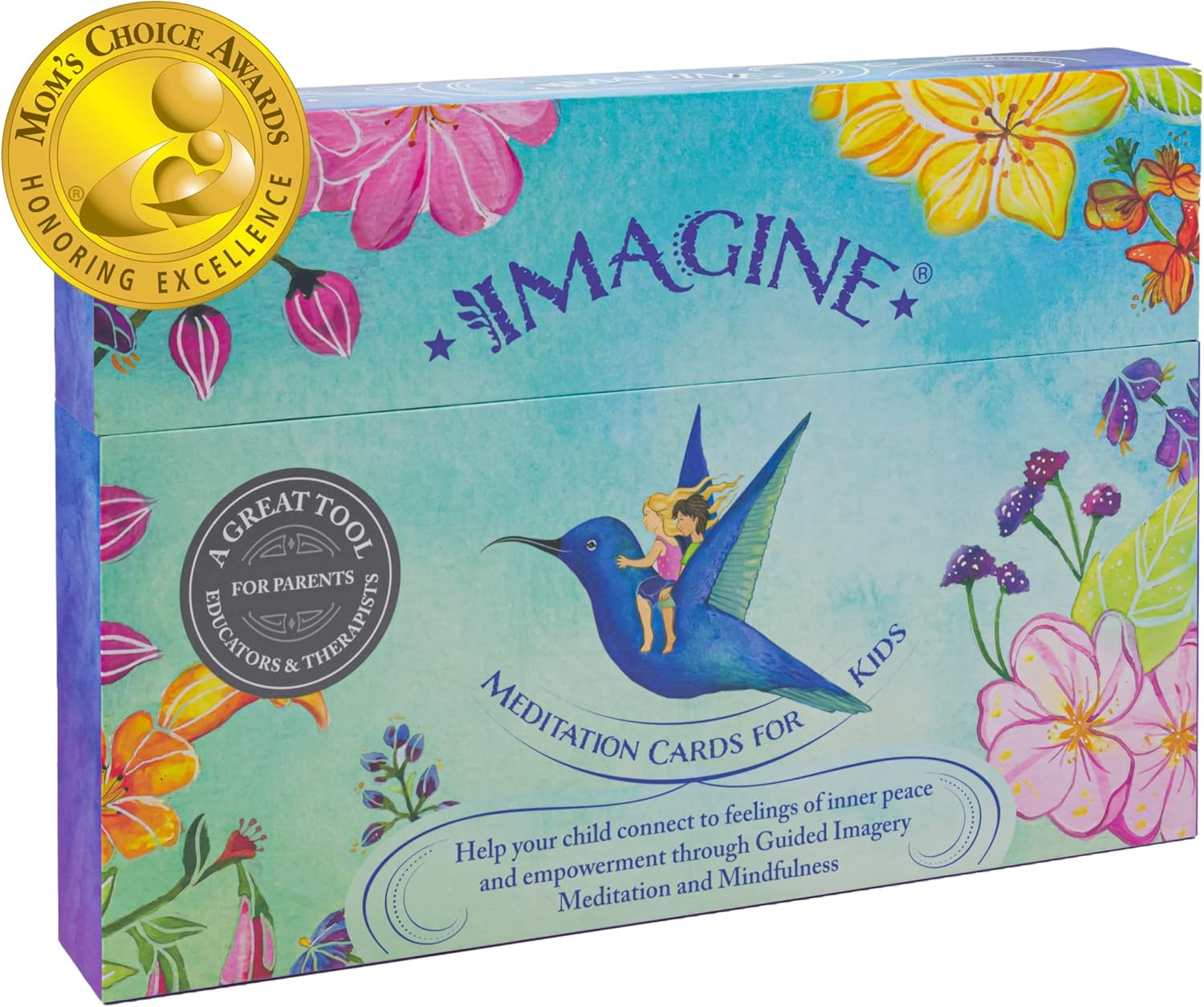As women, we wear many hats—career women, mothers, partners, friends—and as we age, the juggling act of these roles often becomes more challenging. After the age of 40, many of us start to prioritize balance and seek a deeper sense of fulfillment. One of the most effective ways to achieve this is by focusing on holistic well-being. This guide explores how women over 40 can nurture their physical, mental, emotional, and spiritual well-being to live a more balanced, vibrant life.
Table of Contents
What is holistic well-being
Holistic well-being is the practice of nurturing all aspects of our lives in harmony. It’s not just about physical health but also ensuring that our mental, emotional, and spiritual well-being are well cared for. These four dimensions are interconnected, meaning that imbalance in one area can impact the others. By paying attention to all four, we can live a more complete and fulfilling life.
Why is Holistic Well-Being Crucial for Women Over 40?
After the age of 40, we often face a variety of life changes, such as hormonal shifts, career transitions, and evolving family dynamics. This makes it essential to prioritize balance across different areas of our lives to prevent burnout, stress, and a sense of disconnection. Holistic well-being provides a roadmap to ensure that we are taking care of our bodies, minds, hearts, and spirits—allowing us to thrive through life’s transitions.
Physical Well-Being: Nurturing Your Body for Energy and Vitality
Physical well-being is the foundation of holistic health. When our bodies are strong and energized, we are better equipped to handle the demands of daily life. For women over 40, maintaining physical health becomes even more crucial as we navigate the natural changes that come with aging. Here’s how to nurture your physical well-being:
1. Prioritize Regular Exercise
Regular physical activity helps boost energy levels, improve cardiovascular health, and keep joints flexible. Simple routines, such as walking, swimming, or yoga, can help:
- Low-Impact Exercises: Ideal for joint care and maintaining flexibility. Think yoga, Pilates, and swimming.
- Strength Training: Helps to prevent muscle loss, which naturally occurs as we age. You can use free weights or bodyweight exercises like squats and lunges.
2. Eat a Balanced, Nourishing Diet
The foods we eat fuel our bodies and affect our mood, energy, and overall health. After 40, nutrient-dense foods become even more important to support bone density, skin health, and hormone balance.
- Focus on Whole Foods: Prioritize fruits, vegetables, whole grains, and lean proteins.
- Include Calcium and Vitamin D: Both are essential for maintaining bone health.
- Stay Hydrated: Water is crucial for digestion, skin health, and overall energy levels.
3. Get Quality Sleep
Good sleep is often overlooked but plays a significant role in how we feel physically and mentally. Sleep helps your body recover and rejuvenate, making it essential for maintaining physical well-being.
- Create a Relaxing Nighttime Routine: Avoid screens, lower the lights, and use calming activities like reading or meditation.
- Stick to a Consistent Sleep Schedule: Try to go to bed and wake up at the same time every day to improve sleep quality.
Mental and Intellectual Well-Being: Keeping Your Mind Sharp
In addition to physical health, maintaining mental and intellectual well-being is vital for overall balance. Lifelong learning and mental stimulation can keep your mind sharp and improve cognitive function as you age.
1. Engage in Lifelong Learning
As we get older, continuing to learn new things not only improves mental sharpness but also gives a sense of purpose. You don’t have to go back to school to learn:
- Take Online Courses: There are plenty of free or low-cost courses available on platforms like Coursera, Udemy, and Khan Academy.
- Read Books: Make time for reading, whether it's fiction or non-fiction, to stimulate your imagination and critical thinking skills.
2. Practice Mindfulness
Mindfulness helps to improve focus and reduce stress, which is crucial for mental well-being. Practicing mindfulness can be as simple as:
- Meditating for 10 Minutes a Day: Focus on your breath and observe your thoughts without judgment.
- Being Present: Try to be fully engaged in whatever activity you're doing, whether it's a conversation, cooking, or exercising.
3. Manage Stress Effectively
Stress is a major disruptor of mental health. Chronic stress can lead to mental fatigue, anxiety, and depression. Some stress management techniques include:
- Deep Breathing Exercises: Taking slow, deep breaths can instantly calm your mind.
- Break Tasks into Smaller Steps: When you feel overwhelmed, breaking big tasks into smaller, manageable steps can reduce stress.
Emotional Well-Being: Cultivating Inner Peace
Emotional well-being is about understanding and managing your emotions in a healthy way. For women over 40, emotional balance can be tricky as life throws more responsibilities our way. However, by focusing on self-awareness and emotional intelligence, we can foster emotional resilience.
1. Journaling and Self-Reflection
Writing down your thoughts and feelings can help you process emotions and gain clarity. Journaling also provides a space for self-reflection, helping you better understand your emotional needs.
- Daily Journaling: Spend 10-15 minutes each day writing about your emotions, goals, and experiences.
- Gratitude Lists: Write down three things you’re grateful for each day to shift your focus toward positivity.
2. Practice Mindfulness for Emotional Balance
Mindfulness is an effective way to keep your emotions in check. By being present, you can observe emotions without letting them take control.
- Body Scan Meditation: Pay attention to the sensations in your body to identify and release tension.
- Loving-Kindness Meditation: This practice encourages self-compassion and helps foster positive emotions toward yourself and others.
3. Foster Healthy Relationships
The people we surround ourselves with have a significant impact on our emotional health. It’s important to nurture relationships that bring joy and connection while setting boundaries with those that drain your energy.
- Set Boundaries: Communicate clearly about what you need and protect your emotional energy by limiting interactions with negative people.
- Build a Supportive Circle: Surround yourself with people who encourage and support your growth.
Spiritual Well-Being: Connecting with Your Inner Self
Spiritual well-being is about finding purpose, meaning, and connection with something greater than yourself. It doesn’t have to be tied to religion—it can be about mindfulness, connection with nature, or inner peace.
1. Meditation and Breathing Practices
Meditation is a powerful tool for spiritual growth, as it helps quiet the mind and connects you to your inner self.
- Mindful Breathing: Take a few minutes each day to focus on your breath, helping to clear your mind and center yourself.
- Guided Meditation: Use apps like Headspace or Calm for guided meditations that focus on spiritual growth.
2. Explore Your Life's Purpose
As we grow older, it's natural to reflect on what gives our lives meaning. Whether through career, hobbies, or relationships, identifying your purpose can provide a sense of direction and fulfillment.
- Purpose Exploration Questions: What are you passionate about? What makes you feel alive? Answering these questions can guide you toward discovering your purpose.
- Volunteer or Mentor: Helping others can give you a sense of purpose and connection to something bigger than yourself.
3. Gratitude and Spiritual Growth
Gratitude practices can enhance your spiritual well-being by shifting your focus to what you have, rather than what you lack.
- Daily Gratitude Practice: Write down at least three things you are thankful for each day to foster a spirit of appreciation and contentment.
- Gratitude Meditation: Spend a few minutes each day reflecting on the positive aspects of your life and the lessons learned from challenges.
Creating Your Personalized Holistic Well-Being Plan
Achieving holistic well-being requires consistent effort and balance across all four areas—physical, mental, emotional, and spiritual. Here’s how you can create a personalized plan:
1. Daily Habits for Holistic Well-Being
Incorporate small, daily habits that address each aspect of well-being:
- Physical: Include at least 30 minutes of physical activity, whether it’s walking, yoga, or strength training.
- Mental: Spend time learning something new or practicing mindfulness.
- Emotional: Journal, meditate, or engage in activities that bring joy and peace.
- Spiritual: Practice gratitude, meditate, or spend time in nature.
2. Track Your Progress
Keep a journal or use a habit-tracking app to monitor your progress. Celebrate small wins, like improved mood, increased energy, or a clearer mind, as they reinforce your holistic practices.
3. Adjust as Needed
Life is constantly changing, and so should your approach to well-being. Regularly check in with yourself and adjust your habits and routines to reflect your evolving needs and priorities.
Final Thoughts: Embracing Holistic Well-Being for a Balanced Life
Holistic well-being is essential for living a balanced and fulfilling life, especially for women over 40. By focusing on physical, mental, emotional, and spiritual health, you can create a harmonious lifestyle that promotes long-term happiness and vitality. Remember, this journey is ongoing—start with small steps, and with time, you’ll find balance in every area of your life.
Now it’s your turn! Begin your journey to holistic well-being today by choosing one area of your life to focus on. Whether it's improving your fitness, practicing mindfulness, or fostering emotional resilience, every small step brings you closer to a more vibrant, fulfilled life.



